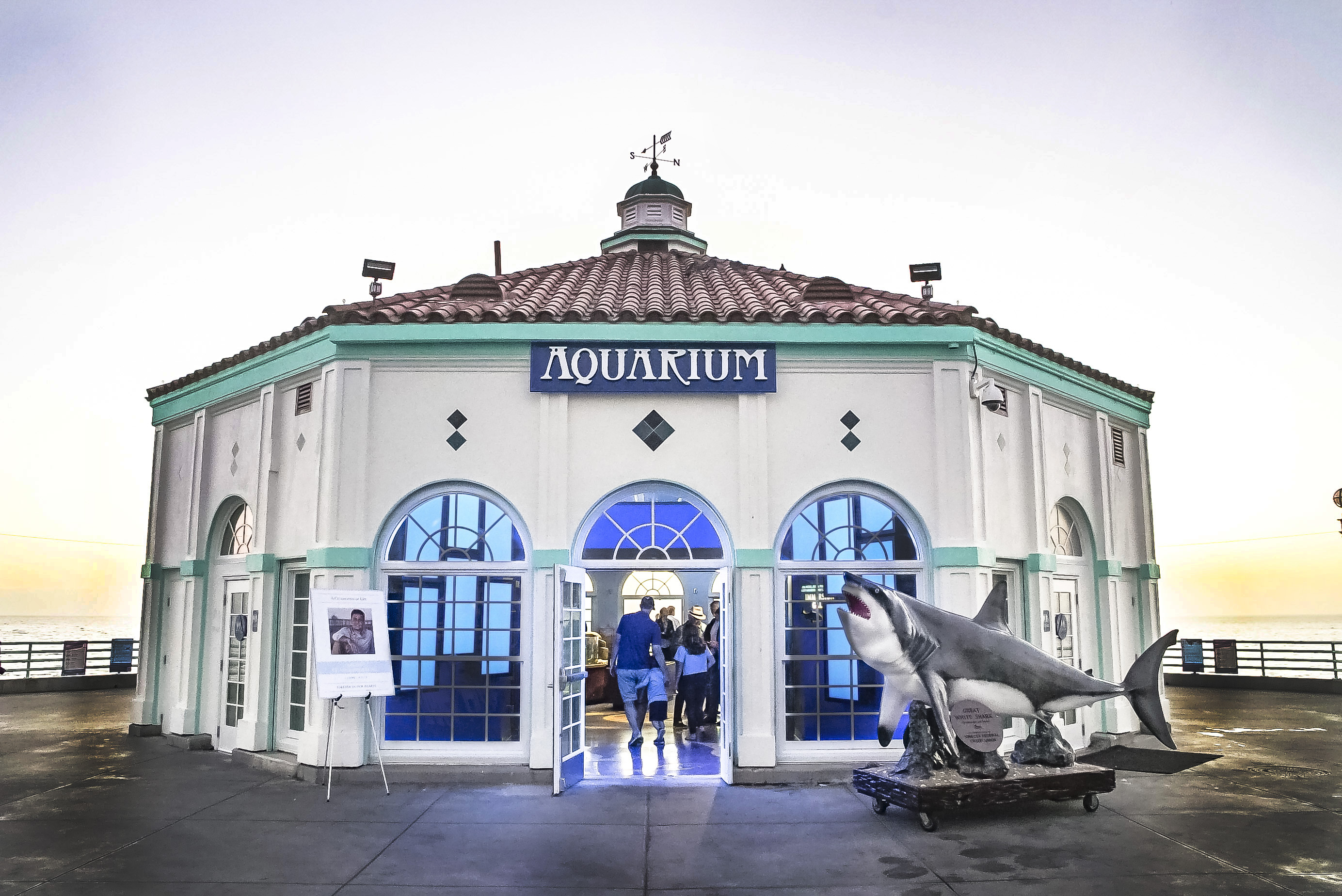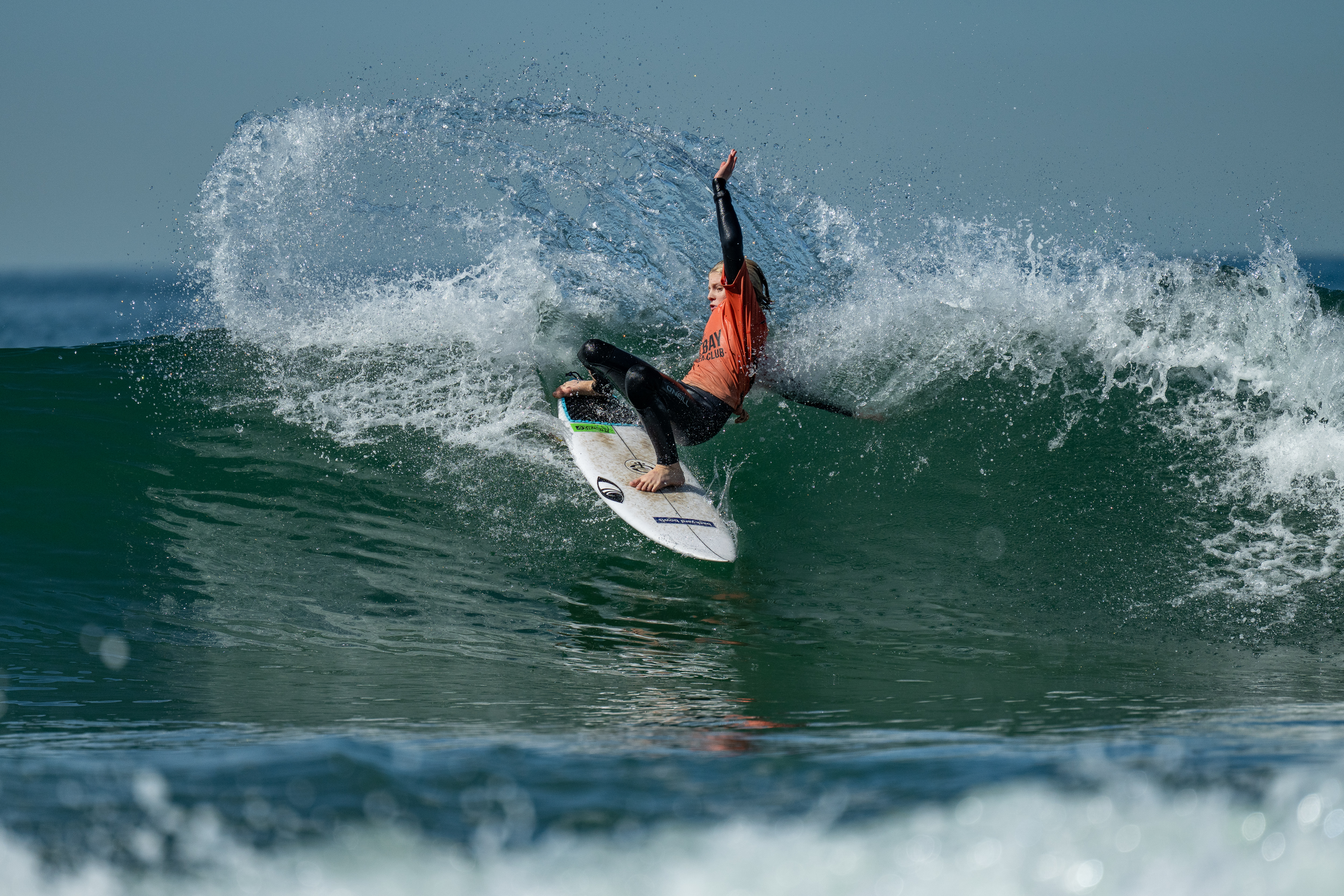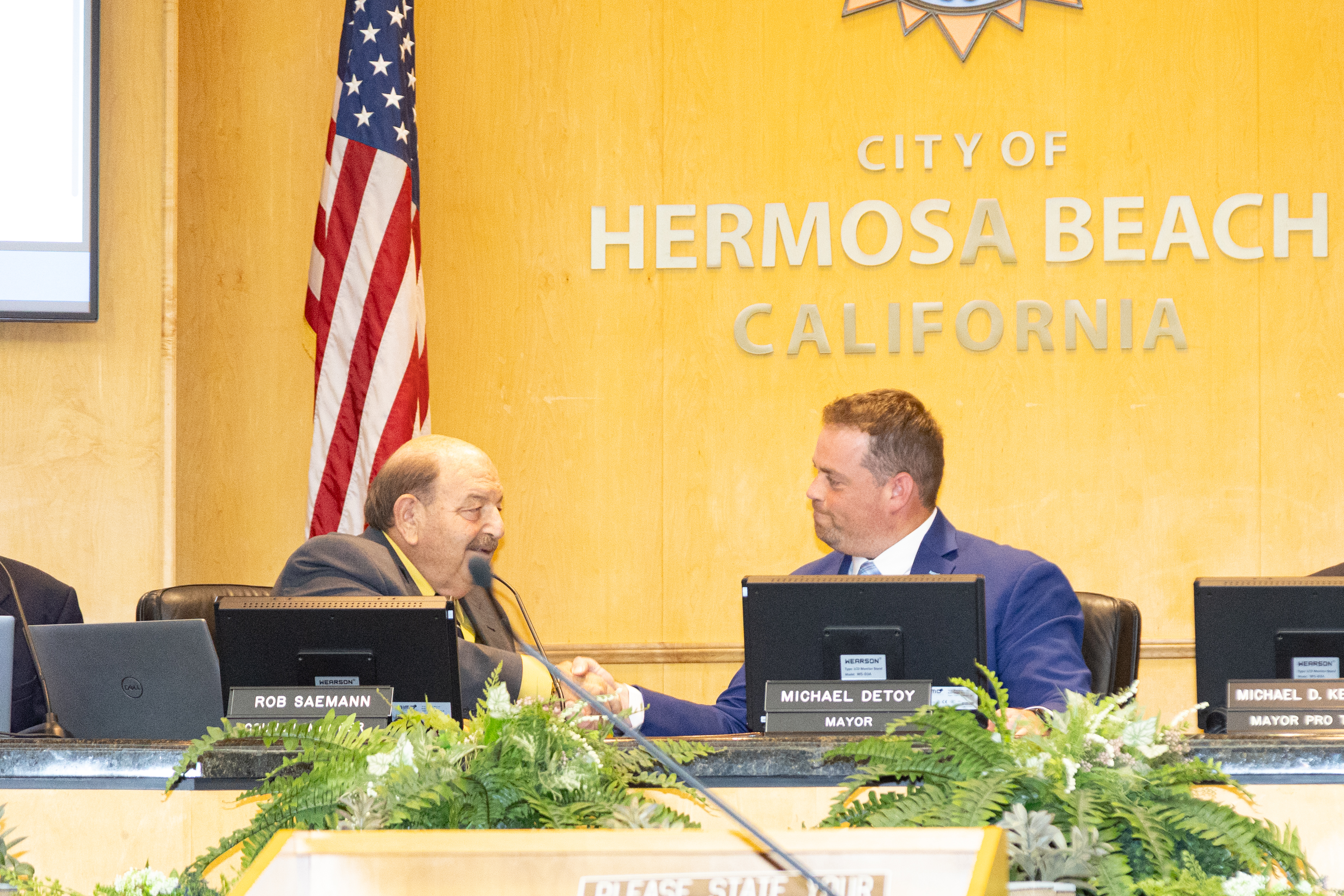
Despite two previous failed appeals in appellate courts, attorneys representing the city felt hopeful that a decision –expected within 60 to 90 days – would be in the city’s favor rather than in that of the Save the Plastic Bag Coalition (SPBC), a lobbyist group that successfully sued the city after it passed a ban on plastic bags in 2008. The hour-long hearing took place in Sacramento.
“We are overall optimistic,” said attorney Christian Marsh of the San Francisco-based firm Briscoe, Ivester and Bazel, which was contracted to represent the city in the case. “The tougher questions seemed like they were posed toward the plaintiff.”
The ban would have made Manhattan Beach the third city in the state to become plastic bag-free, after San Francisco and Malibu. But the SPBC sued the city a month after it passed the bag ban, alleging that its action was not compliant with the California Environment Quality Act (CEQA) since the city did not first conduct an Environmental Impact Report (EIR). The coalition, which claims paper bags are more harmful than plastic bags, said that such a ban would negatively affect the environment. The city unsuccessfully appealed the lawsuit decision twice before appealing to the Supreme Court in February last year.
Mayor Richard Montgomery, City Manager Dave Carmany and Interim City Attorney Leland Dolley attended last week’s hearing, where Marsh and Jim Moose, an attorney representing Californians Against Waste (CAW), argued that the SPBC’s demand did not meet CEQA’s “fair argument” standard that a requirement for an EIR be based on “substantial evidence.” CAW, an organization aimed at phasing out plastic grocery bags, and League of Cities also attended the hearing in support of the city’s position.
Attorneys for the city also argued that the plastic bag coalition, comprised of commercial interests, did not have legal standing to bring such a case before the courts.
“What was interesting is that the court spent more time on that issue that on the CEQA issue,” Marsh said.
Sacramento newspapers reported that Stephen Joseph, attorney for SPBC, argued that the coalition had proper “public interest standing” to bring about the case because it is genuinely concerned about the environment, not only lost sales.
“It sounds to me like you’re saying everyone has standing,” said Justice Marvin Baxter, as reported in The Recorder.
Marsh said that should the city win its appeal, the outcome of the case could set significant state precedents, such as ensuring that other municipalities are able to enact similar bans without conducting EIRs and limiting the ability of commercial interest groups from filing CEQA lawsuits.
“Further than that, it would raise the fair argument threshold so small projects all over California won’t have to go through a full-blown EIR at a lot of expense and delay,” Marsh said.
The court has up to 90 days to rule on the case.
“We’re just going to wait for the decision,” said Stephen Joseph, attorney for the SPBC. “It doesn’t matter what anyone says right now. Anything between now and then is pure speculation. We’ll just wait to see what happens.” ER








